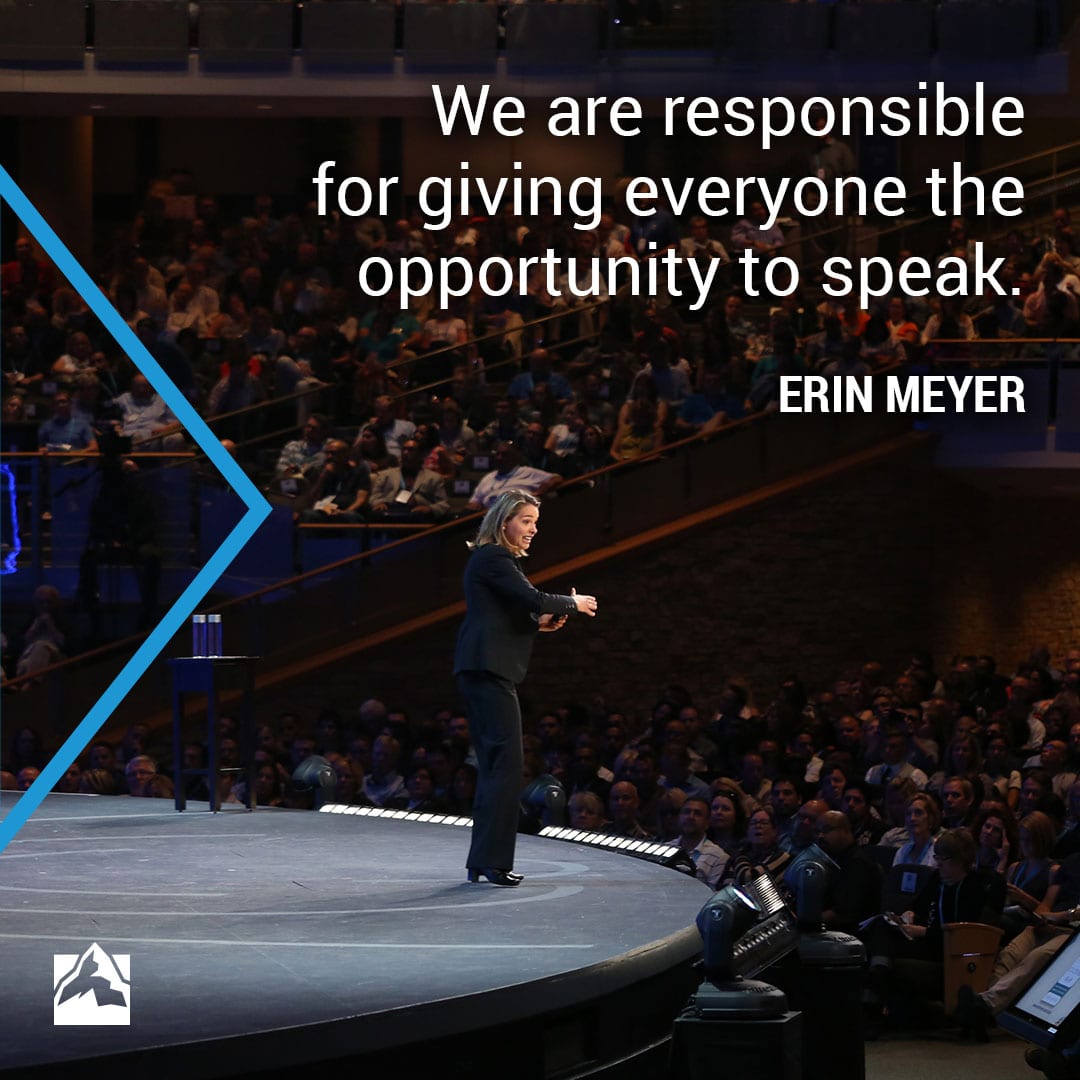
We are responsible for giving everyone the opportunity to speak.

We are responsible for giving everyone the opportunity to speak.

Leadership always leaves a mark.
Every time.
You can spot the distinctive marks left behind when effective leadership has been present. And learning to recognize and develop these marks is an important way for any leader to grow and develop.
On a recent trip through Latin America, two of those distinctive leadership marks became very apparent as we spent time in Havana, Cuba. On our first day in Havana we were invited to meet with the Secretary of Religious Affairs—a high-ranking official in Cuba’s national government.
As we sat and talked with this key leader, we were soon reminded of these two positive marks of effective leadership:
As the government official talked about the GLS in Cuba, it became clear she was aware that the Summit had successfully grown from its original single site in Havana, launched in 2014, and was now serving leaders in five cities across the country. Even more impressive was the fact that this growth had been driven by Cuban church leaders themselves. It was noted that these leaders had attended the original site and had taken the GLS vision back to their own communities.
Effective leaders move beyond inspiration. They will always move to action.
Such is a mark of leadership.
The government official was also aware that the GLS had resulted in positive change for Cuban people. She noted that church leaders who attended the GLS in Cuba tended to be moved to make a positive difference in their communities. She went on to cite specific examples of positive changes that had been initiated by church leaders who had attended the GLS. Among other initiatives, there had been programs launched to feed low-income seniors in Havana.
“Everyone wins when a leader gets better.”
It’s another mark of leadership.
Considering these marks of leadership, how would you assess yourself in term of action and impact? If you’re not seeing enough action taking place, or if there is insufficient impact, it could be time for a leadership tune-up.
Because you can be sure of one thing—if effective leadership is taking place, it will always leave a mark.
Every time.
 Scott Cochrane serves as the vice president of International at Willow Creek Association. An insightful and genuine leader, he travels the globe mentoring international teams. Prior to joining WCA, he was the executive pastor of Trinity Baptist Church in Kelowna, British Columbia and provided leadership to WCA Canada.
Scott Cochrane serves as the vice president of International at Willow Creek Association. An insightful and genuine leader, he travels the globe mentoring international teams. Prior to joining WCA, he was the executive pastor of Trinity Baptist Church in Kelowna, British Columbia and provided leadership to WCA Canada.

Sometimes leaders feel like they need to make a choice between getting great results and boosting team engagement.
Have you ever felt torn between focusing on results or focusing on people? Even if intellectually we know we shouldn’t have to choose, this conflict remains alive and well. I know it felt like that for me.
But after several years of working with The 4 Disciplines of Execution, we had what I believe to be our most important insight. And it blew apart the false dichotomy of results vs. people.
Are you ready for it? Here we go…
The core principles necessary for executing on results are the very same principles necessary for creating high levels of employee engagement.
We started to notice that whenever a team got the execution formula right, we would see a jump in that team’s level of engagement!
I am still amused that it took us several years before we realized this was happening. It was a sort of “happy accident.” We weren’t trying to effect engagement levels at all. We were just going for the results.
So, what was happening?
Without realizing it, when the 4 Disciplines of Execution were fully implemented by a team, it would always create a “winnable-game.” They were winning! They were achieving! A winnable game gives people a clear opportunity to feel achievement and sense of progress. Nothing drives engagement more than that.
So we dug a little deeper. And we found out, there’s actually research behind this!
In the 1960s, Frederick Herzburg conducted a series of ground-breaking studies on what motivates people. He wrote, “People are most satisfied with their jobs (and therefore most motivated) when those jobs give them the opportunity to experience achievement.”
In 2011, Teresa Amabile and Steven Kramer referenced these same studies in their Harvard Business Review article, The Power of Small Wins. They said, “The power of progress is fundamental to human nature, but few managers understand it or know how to leverage progress to boost motivation.”
So how do you create a winnable Game? We would tell you that you need four things. Yup, you guessed it, those same 4 Disciplines of Execution. If you need a little refresher on the 4DX process, check out this video.
To get started in your workplace, ask yourself four key questions (one for each discipline).
Question 1: Have we thrown the game-on switch? Almost everyone can relate to a time when they were part of a team that has gone “Game-On.” This starts by creating (with your team) a single target around a critical priority that is in jeopardy of being achieved. This target should have a starting line, a finish-line and a deadline.
Question 2: Is the game winnable? In other words can the team members mentally connect the dots to goal achievement? This is why we create lead measures. These metrics predict goal achievement and can be directly influenced by the team.
Question 3: Are we keeping score? This is the most immediate (and telling) test of whether the team is engaged. It’s not a question of degree. Team members either are or they are not keeping score. This is where a simple “players scoreboard” can make all the difference.
Question 4: Is it a high-stakes game? It’s not enough to win. The game has to matter. And it’s usually not about how the game is introduced, but rather how the game is played. That communicates to the team how high the stakes are.
The 5-minute video below tells the story of when we first started to recognize this phenomenon. And it’s a pretty good story.
The great news is this: You don’t have to choose between getting great results and boosting team engagement.
It turns out, that’s a false dichotomy. The truth actually is a win-win!
When you create a winnable game, you increase team engagement at the very same time.
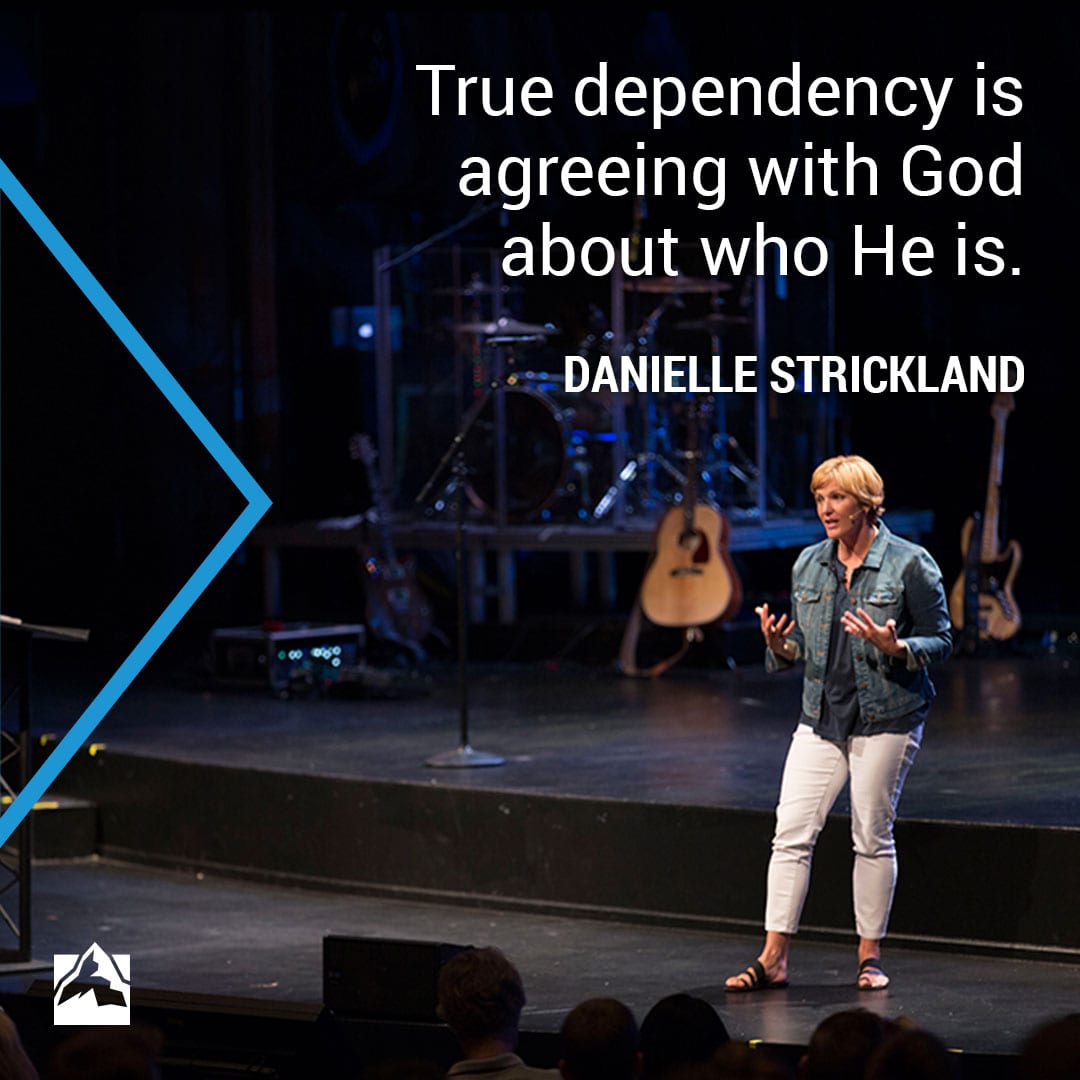
True dependency is agreeing with God about who He is.
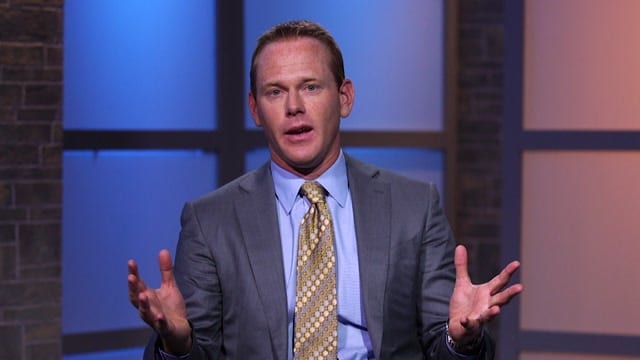
There are two major EQ skills that are particularly difficult to master. Listen to Travis Bradberry, author of Emotional Intelligence 2.0, provide expert insight backstage at the 2016 Global Leadership Summit.

The American Dream is to have it all, but the Kingdom of God is about losing it all.
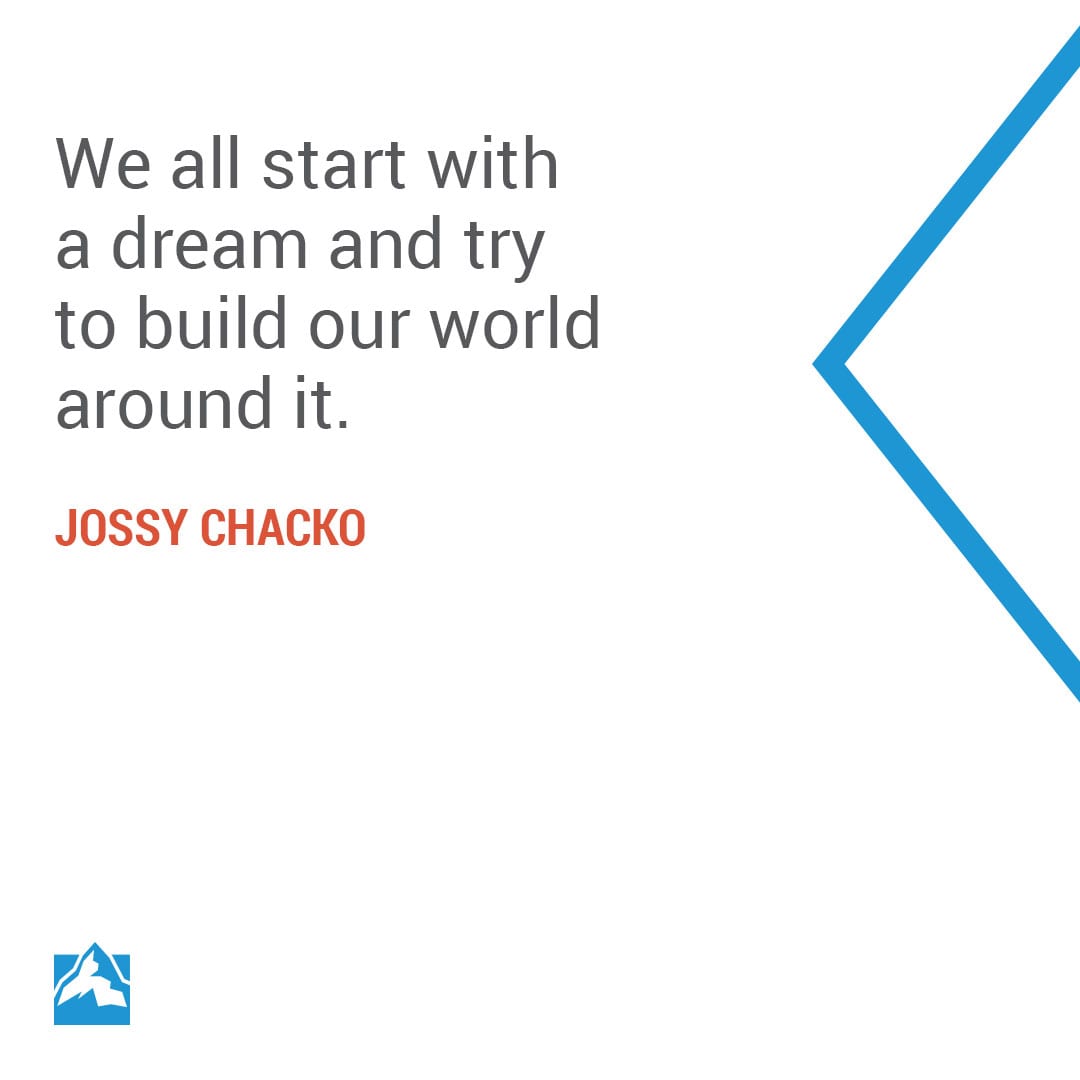
We all start with a dream and try to build our world around it.
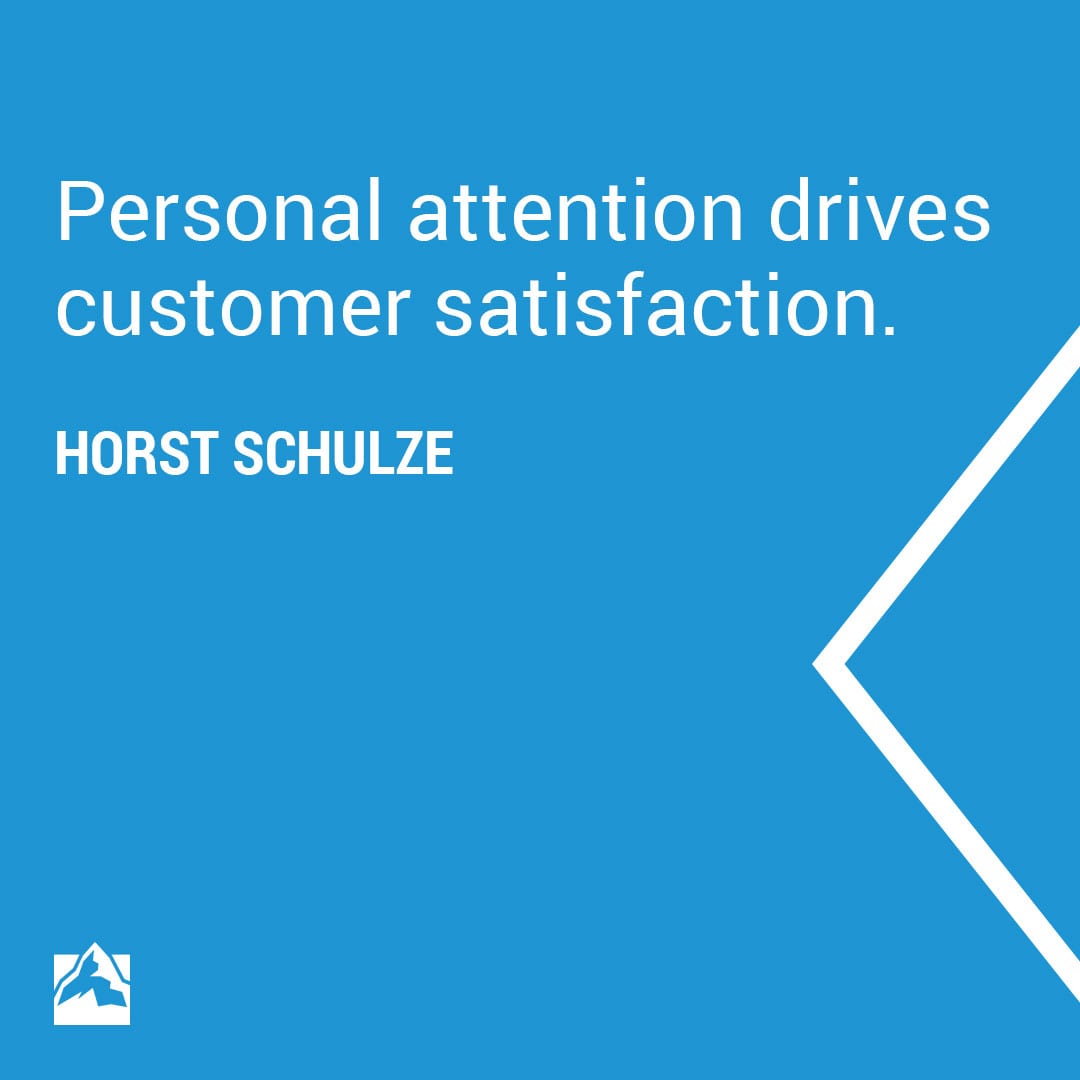
Personal attentions drives customer satisfaction.

A week before the GLS in Brasilia, Brazil, the local team at the host church decided to do something unique with their GLS rehearsal. They sent invitations to a group of 80 men from the community who are a part of a local drug and alcohol recovery program, inviting them to attend the rehearsal at no charge.
These men were engaged during the entire rehearsal, and the GLS challenged their faith. In this video, members of the recovery program share the impact the GLS had on their lives. Since it is in Portuguese, our team in Brazil pulled out the highlights from various points of the video:
The local news got wind of this rehearsal, and how the church decided to give back to the community in a unique way. The attention this church received resulted in floods of phone calls, and allowed people to see the church in a positive light.
We’ve heard it said over and over from our Summit stage, “The Church is the hope of the world, when it’s working right!” And we’re excited to see these kinds of hope-of-the-world churches strengthened around the world.
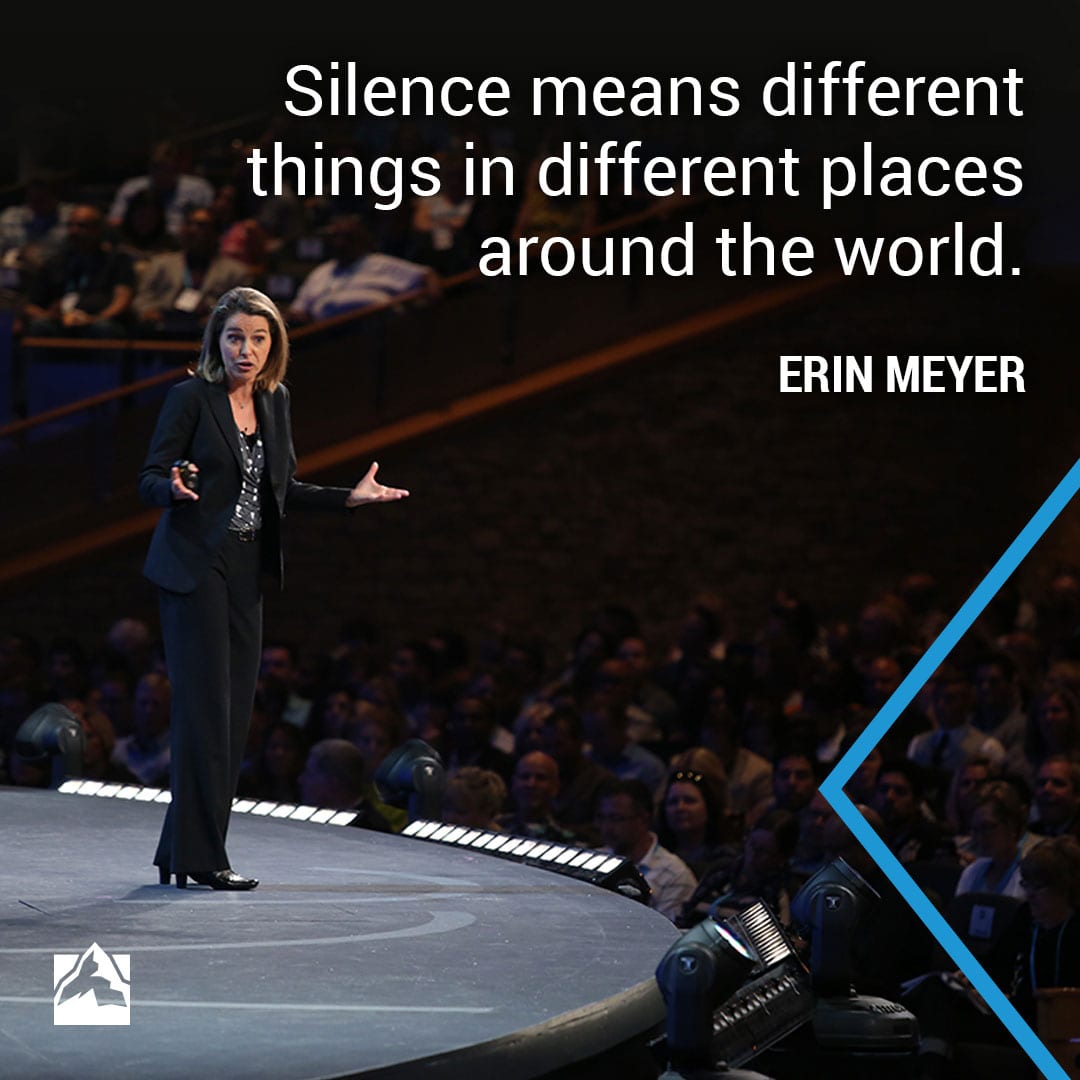
Silence means different things in different places around the world.
“We welcome and encourage comments on this site. There may be some instances where comments will need to be edited or removed, such as:
If you have any questions on the commenting policy, please let us know at heretoserve@globalleadership.org”
Recent Comments